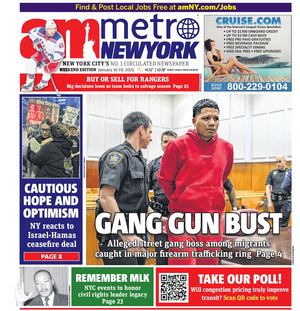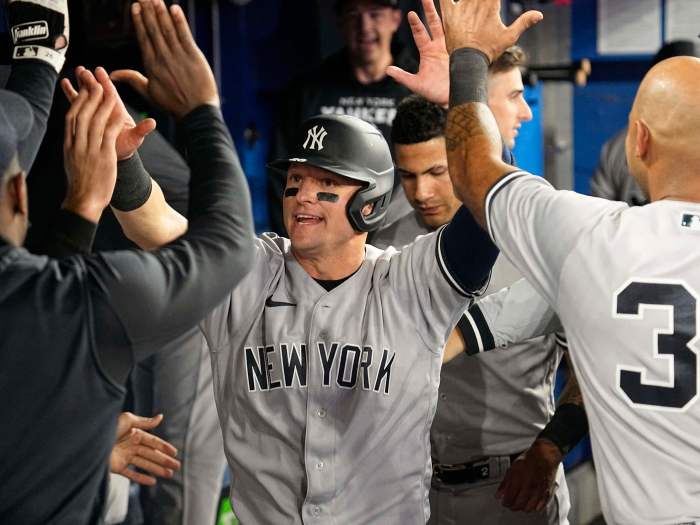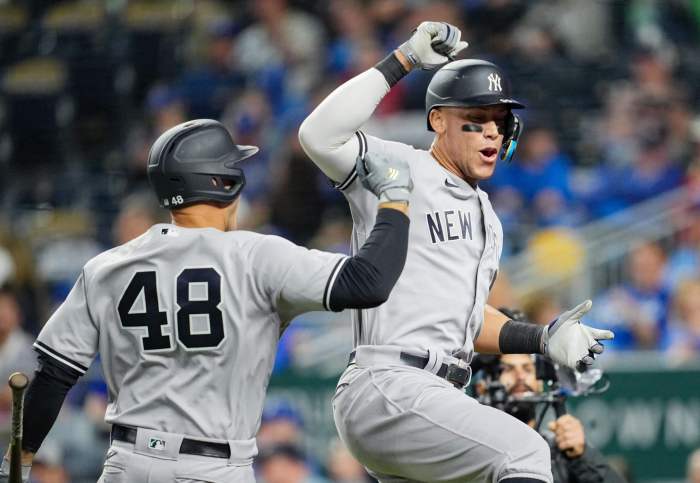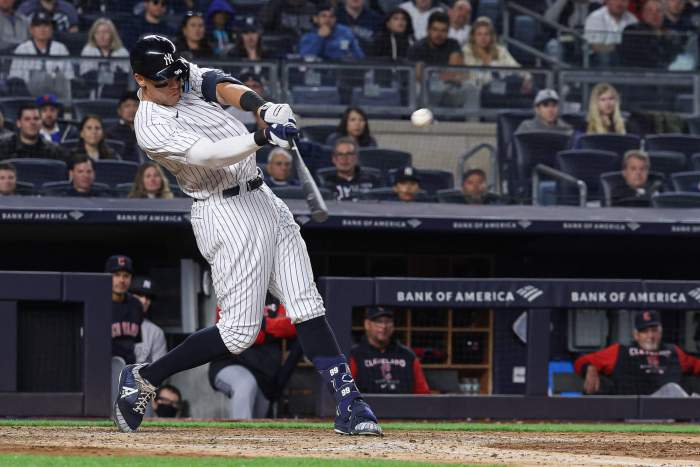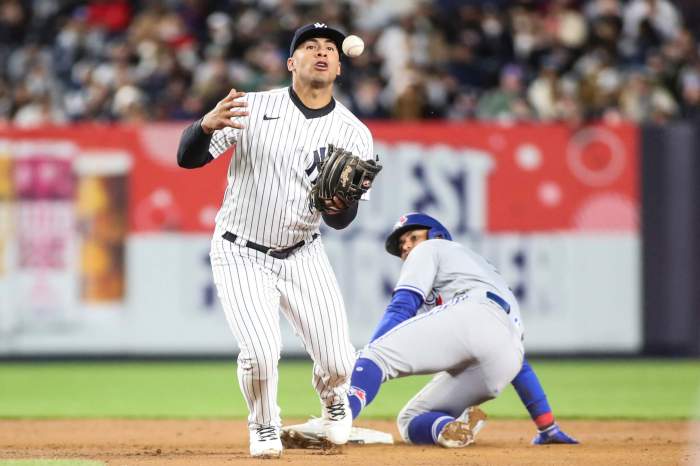Aaron Judge and the Yankees are heading into an arbitration hearing on Friday amid ongoing negotiations over the slugger’s pay.
“I love this team, I love this organization and everything, but this is the business side of it that I don’t like at times,” Judge said. “It’s all business.”
The two sides are $4 million apart in their negotiations, after Judge’s agents requested $21 million for the year, while the Pinstripes front office offered just $17 million. Now, they will head to an arbitration hearing to determine which number will be Judge’s salary for the season.
Debate between the team and their star began after Judge rejected a seven-year extension worth $213.5 million ($30.5 million per season) before the season — opting instead to bet on himself, as his performance this year will play a major role when he hits free agency in the coming offseason.
That gamble seems to be paying off, as he’s posted a stellar .300/.378/.644 stat line through 66 games, while leading the league with 25 homers and 55 runs.
At this pace, Judge will surely command a greater contract that the Yankees had offered — either with the Pinstripes or another MLB franchise.
For now, though, Judge is operating under an arbitration agreement, which occurs when a team and a player with less than 6 years experience can’t agree on a new deal (this is Judge’s final year of arbitration eligibility, and he will hit the unrestricted free agent market after the season).
Both sides then present a 1-year salary number that they feel is appropriate, and a panel of arbitrators pick which dollar figure will be that ballplayer’s pay for the year, after hearing arguments from both. Arbitrators cannot split the difference, and must select one of those two numbers, based on salaries for comparable players.
The arbitration hearing on Friday, which will take place over Zoom due to COVID-19, will decide whether the slugger is paid $17 or $21 million for the year.
For more coverage of Aaron Judge’s arbitration case, head to amNY.com.
The last time the Yankees entered an arbitration conflict was in 2017, when the panel sided with the team over reliever Dellin Betances, who ended up with $3 million, rather than the $5 million he had requested.
Judge noted that some players who have gone through the process before have highlighted that they’ve gotten an honest assessment from their teams — and in his case, why the Yankees feel he shouldn’t get the extra $4 million.
“I’ve had people in my agency, past players who said they hated it, and others said it was good to hear what they said about me,” he said. “I’m looking forward to it.”
While the process has become messy between Judge and general manager Brian Cashman, it does not appear to have affected his play.
“I try to just keep focusing on [the game], and it makes it pretty easy to block this other stuff with the business side out,” he said.
Judge is solidly the betting-odds favorite to win the AL MVP award according to FanDuel Sportsbook, where he boasts +100 odds (meaning bettors would win $1 for every $1 wagered). The next closest player to Judge is Shohei Ohtani of the Los Angeles Angels, who currently sits at +450.
Meanwhile, Judge’s play has helped the team to an MLB-best 50–18 record, which puts them 6 games ahead of the next-best
New York Mets who stand at 45–25. They have also begun to runaway in the AL East, where the boast a 12 game lead over the 2nd-place Toronto Blue Jays.
